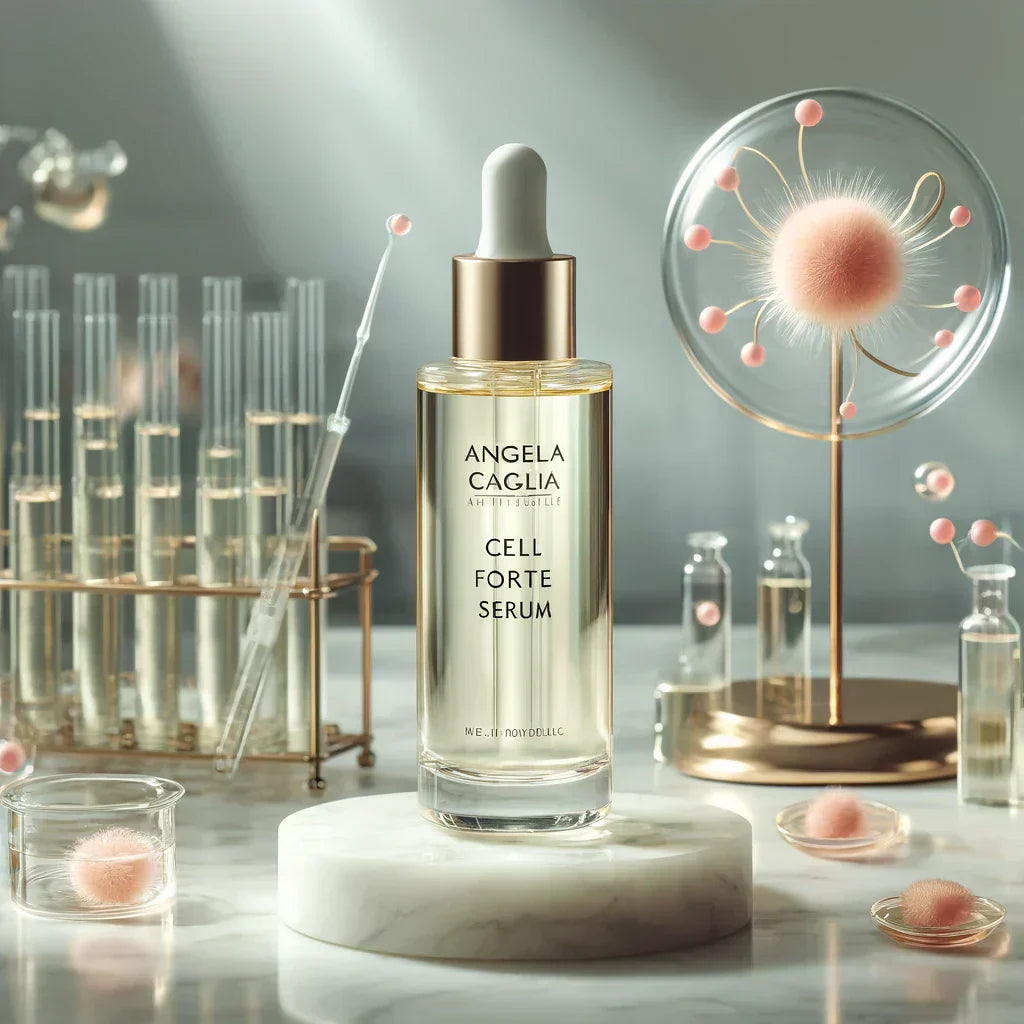
What is a Mesenchymal Stem Cell (MSC)?
What Are Mesenchymal Stem Cells and Why Are They Important?
In the world of regenerative medicine and anti-aging research, mesenchymal stem cells (MSCs) are gaining significant attention. These unique stem cells have the remarkable ability to transform into different types of connective tissue cells, making them essential for tissue repair and healing. But what exactly are they, and why are they so important? Let’s break it down.
What Are Mesenchymal Stem Cells (MSCs)?
Mesenchymal stem cells are a special type of multipotent stem cell, meaning they can develop into a limited variety of cell types. Unlike embryonic stem cells, which can turn into any cell in the body, MSCs specifically become:
- Bone cells (osteocytes) – crucial for bone repair and strength
- Cartilage cells (chondrocytes) – essential for joint health and flexibility
- Fat cells (adipocytes) – important for energy storage and insulation
- Muscle cells (myocytes) – involved in movement and stability
These regenerative properties make MSCs valuable for healing injuries, combating aging, and even treating degenerative diseases.
Where Are MSCs Found?
MSCs naturally exist in several parts of the body, including:
- Bone marrow – one of the richest sources, commonly used in research and treatments
- Fat tissue (adipose tissue) – a plentiful and easily accessible source
- Umbilical cord blood – a promising, ethically sourced option for regenerative medicine
Because they are relatively easy to extract and expand in lab settings, MSCs are widely used in clinical trials and therapies.
How Do MSCs Work?
The magic of mesenchymal stem cells lies in their ability to repair tissues and regulate the immune system. They achieve this through two key mechanisms:
- Differentiation – MSCs transform into the necessary cell type (bone, cartilage, etc.) depending on the body's needs.
- Secretion of Growth Factors – MSCs release proteins that reduce inflammation, promote healing, and support tissue regeneration.
This makes them incredibly useful for treating conditions such as arthritis, osteoarthritis, autoimmune disorders, and even skin aging.
MSCs in Anti-Aging and Skincare
Recent studies suggest that MSC-derived growth factors, peptides, and exosomes can stimulate collagen production and improve skin elasticity. By enhancing cellular repair mechanisms, these factors can reduce fine lines, wrinkles, and skin inflammation, leading to a more youthful appearance.
This is why MSC-based treatments are being explored in high-end anti-aging skincare formulations, helping to restore the skin’s natural regenerative capabilities.
The Future of MSCs in Medicine
Researchers are actively studying how MSCs can be used in therapies for heart disease, neurodegenerative disorders (like Alzheimer’s), and even hair regeneration. With their ability to reduce inflammation and stimulate healing, these powerful stem cells could revolutionize medicine in the years to come.
Final Thoughts
Mesenchymal stem cells are at the forefront of regenerative medicine and anti-aging research. Their ability to repair tissues, regulate the immune system, and promote healing makes them a game-changer in both medical and cosmetic industries. As scientists continue to unlock their potential, MSC-based treatments may soon become a staple in health, wellness, and skincare.
Would you try MSC-based skincare or regenerative treatments? Share your thoughts in the comments!



Leave a comment
This site is protected by hCaptcha and the hCaptcha Privacy Policy and Terms of Service apply.